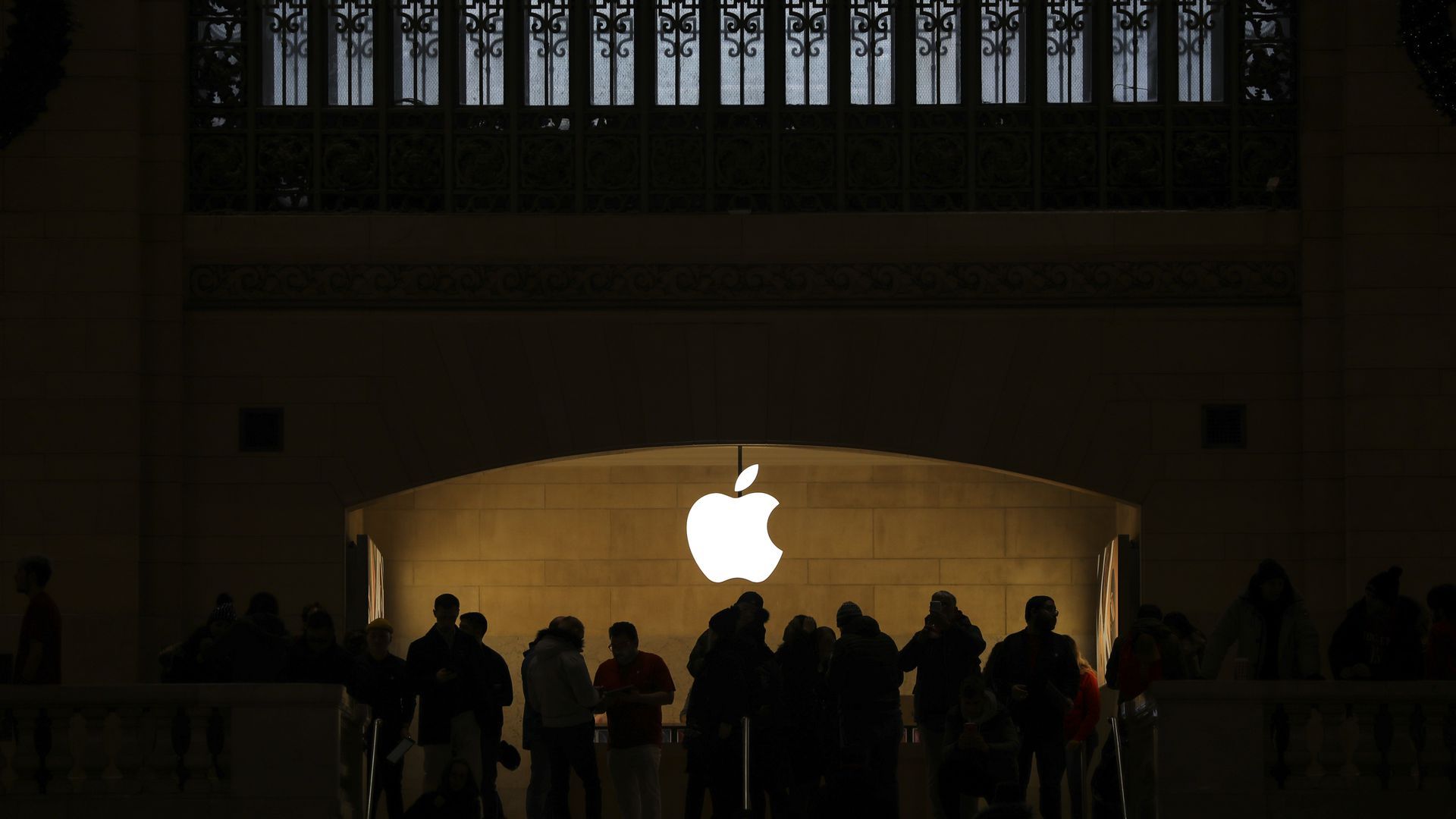 Data: Robokiller; Chart: Baidi Wang/Axios You're not imagining it: The flood of spam calls, texts, emails and social media posts into your life is getting a lot bigger, Axios' Margaret Harding McGill and Sara Fischer report. Why it matters: Junk messages aren't just annoying — they also open the door to more fraud, cybercrime and identity theft than ever before. Driving the news: The average American received roughly 42 spam texts just in the month of March, according to new data from RoboKiller, an app that blocks spam calls and texts. - Spammers like using text messages because of their high open rates — and are now even mimicking targets' own phone numbers to get them to click malicious links, as the New York Times reported.
What they're saying: "Just like with robocalls, it's extremely easy to deploy [spam texts] in enormous volume and hide your identity," Will Maxson, assistant director of the FTC's division of marketing practices, told Axios. - "There's a large number of actors all over the world trying to squeeze spam into the network from almost an infinite number of entry points all the time."
It's not just texts. Every form of spam is on the rise. - There were more spam calls last month than in any of the previous six months, per YouMail's Robocall Index.
- Spam emails rose by 30% from 2020 to 2021, according to a January report from the Washington Post.
- There was an unprecedented increase in social media scams last year, according to data from the Federal Trade Commission. Many scams were related to bogus cryptocurrency investments.
Between the lines: Experts attribute the sharp increase in spam to the pandemic. People's increased reliance on digital communications turned them into ready targets. - The Federal Communications Commission saw a nearly 146% increase in the number of complaints about unwanted text messages in 2020.
And it's working: Americans reported losing $131 million to fraud schemes initiated by text in 2021, a jump over 50% from the year before, according to data from the FTC. Our thought bubble: Email spam has been around forever, but email providers have largely filtered it out for us. Cell providers, though, are still behind. What's next: The FCC tried to reduce robocalls in part by working with cell phone carriers to implement call authentication requirements. But now the agency is playing catch-up on policing spam texts. - FCC chairwoman Jessica Rosenworcel announced a proposal in October to craft rules that would require wireless providers to block illegal text messaging, but her plan has not yet been voted on by the agency.
Yes, but: As regulators and service providers try to crack down, spammers keep getting more creative. Their latest tactic is mass FaceTime calls, often at late hours of the night. | 





No comments:
Post a Comment